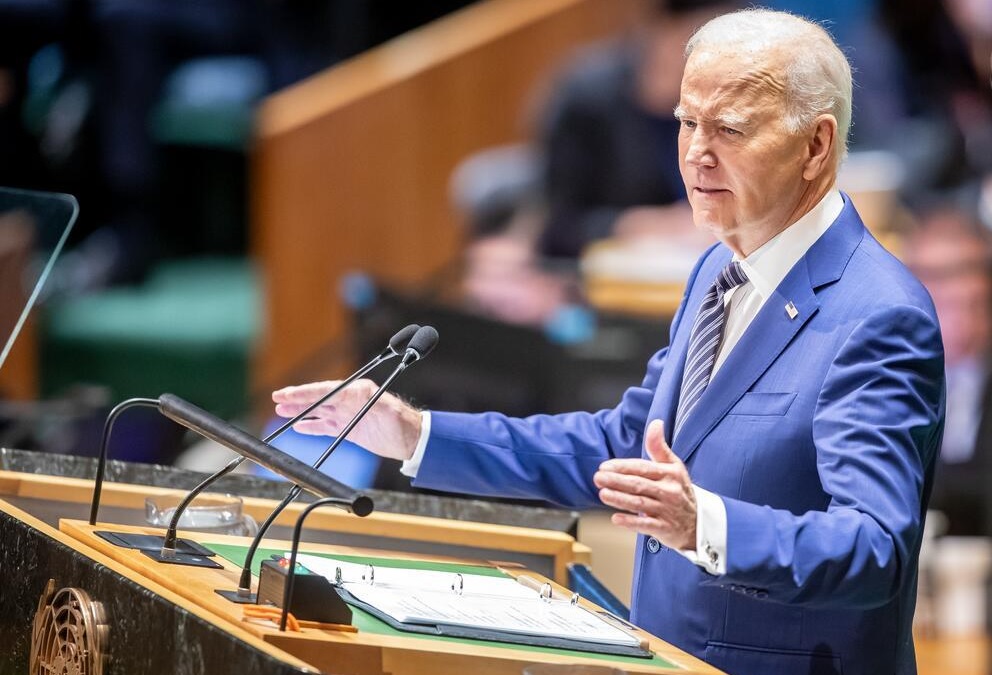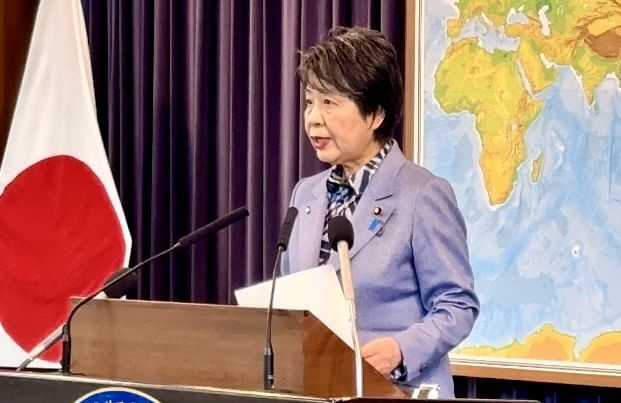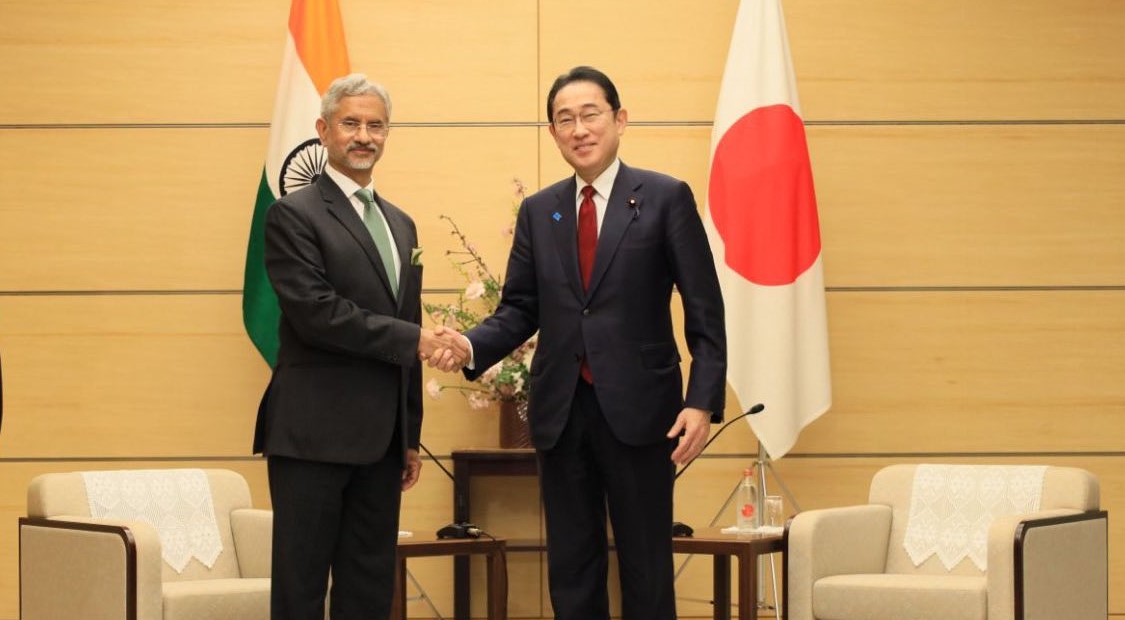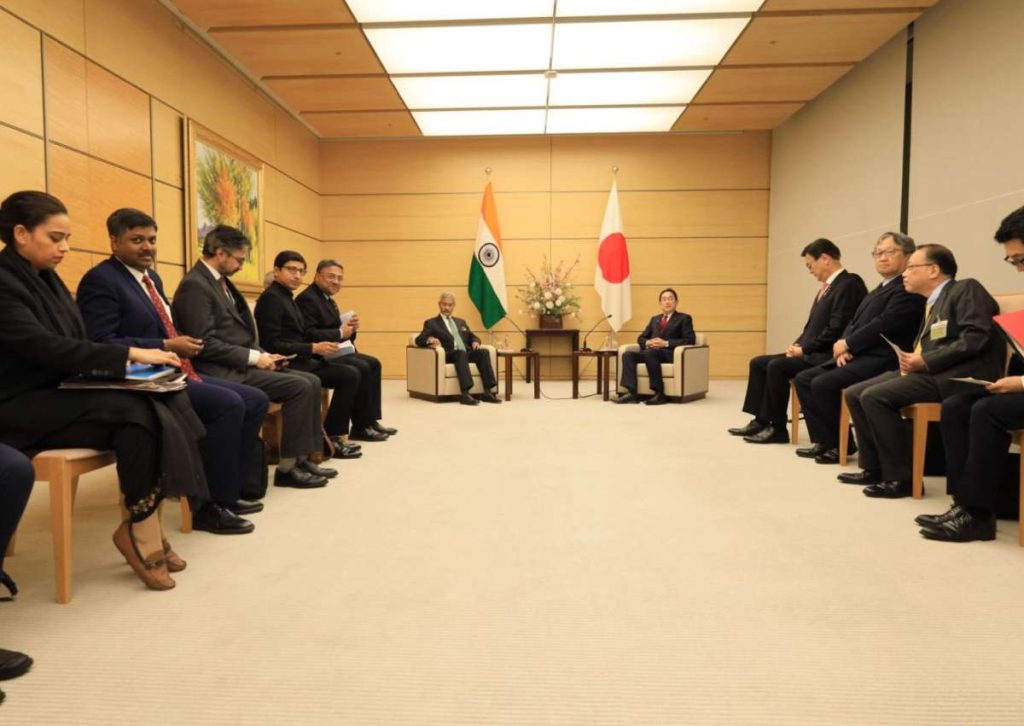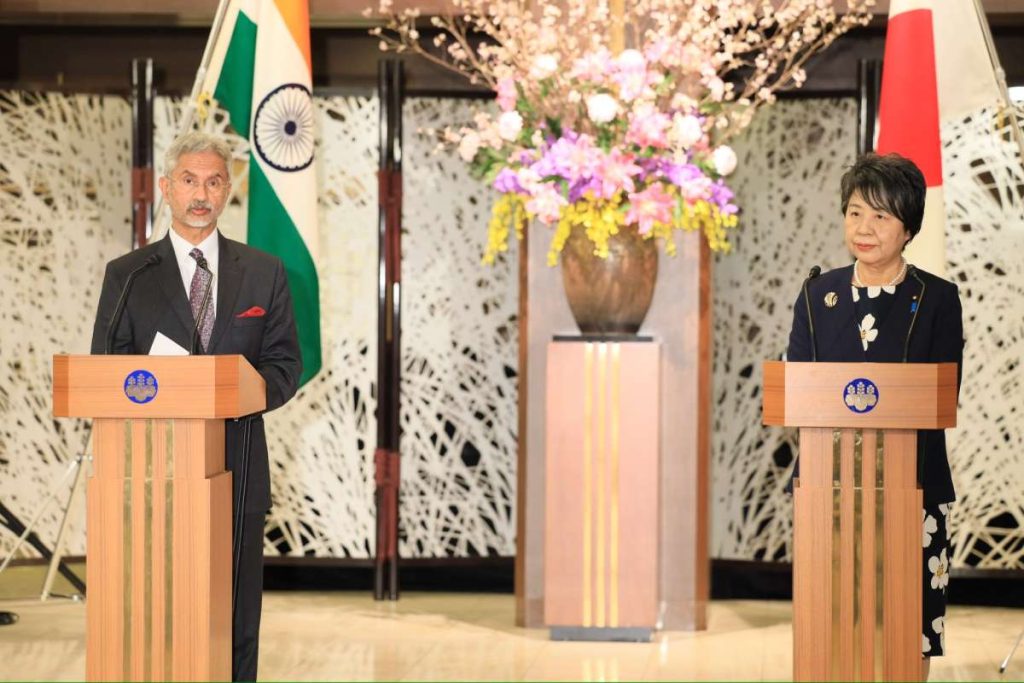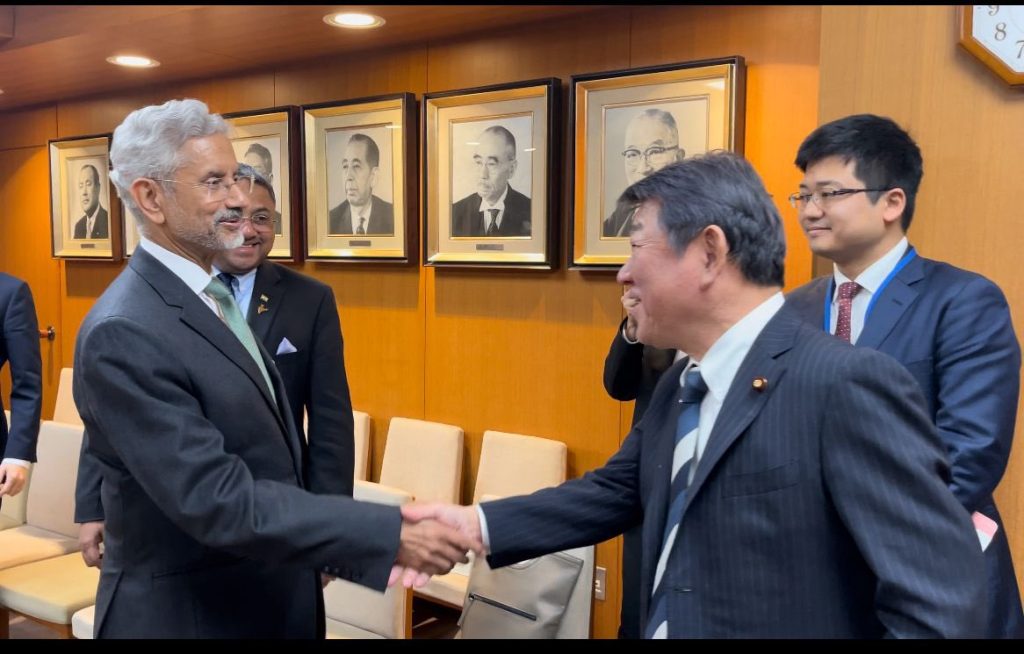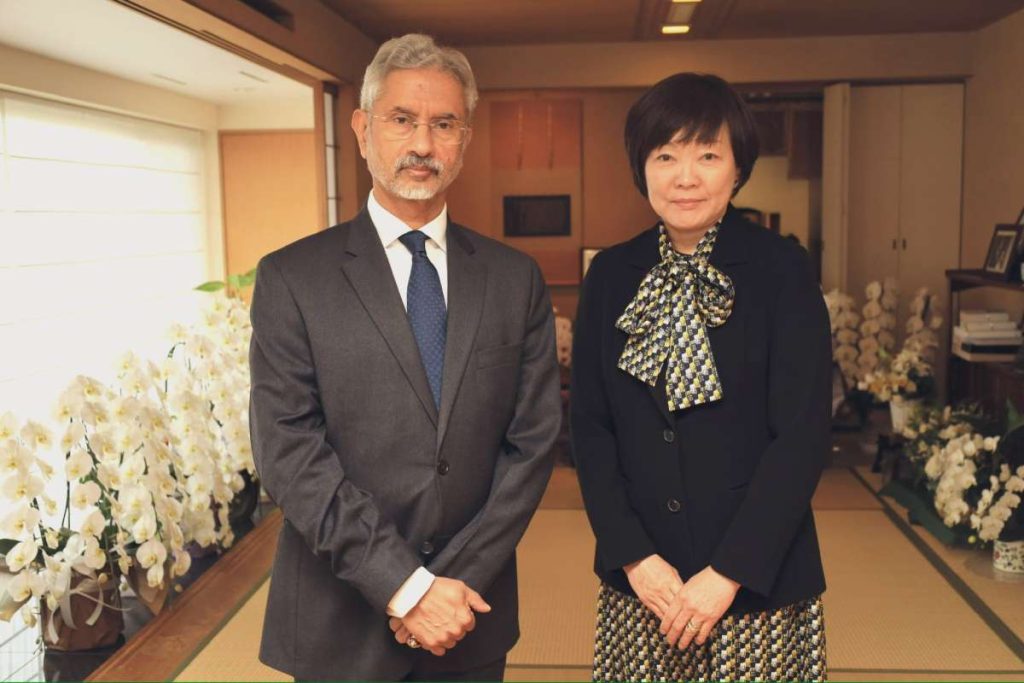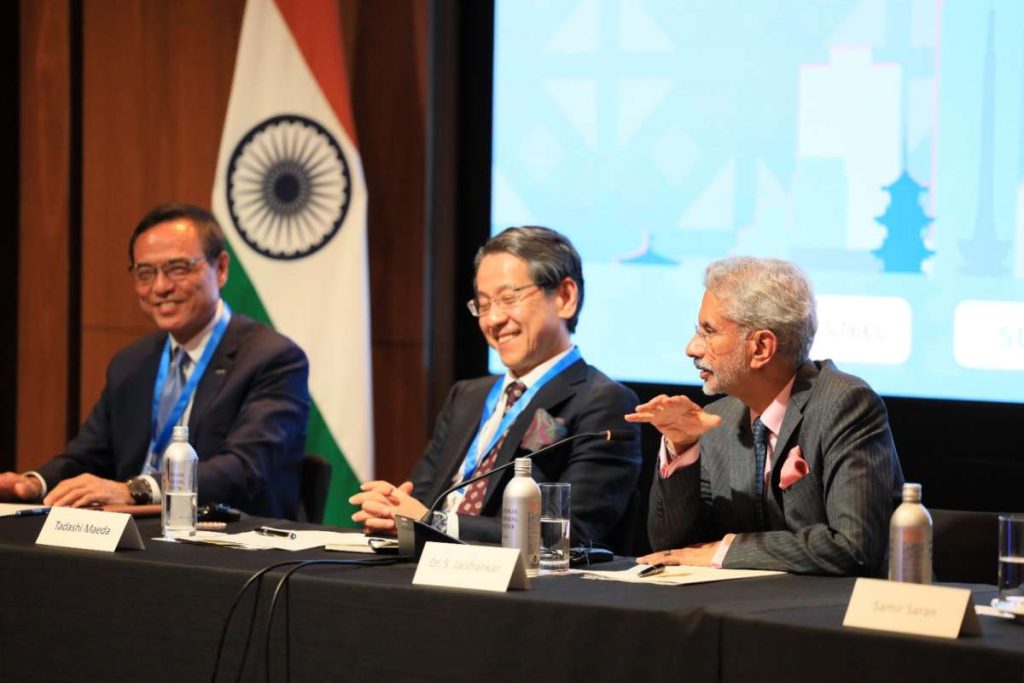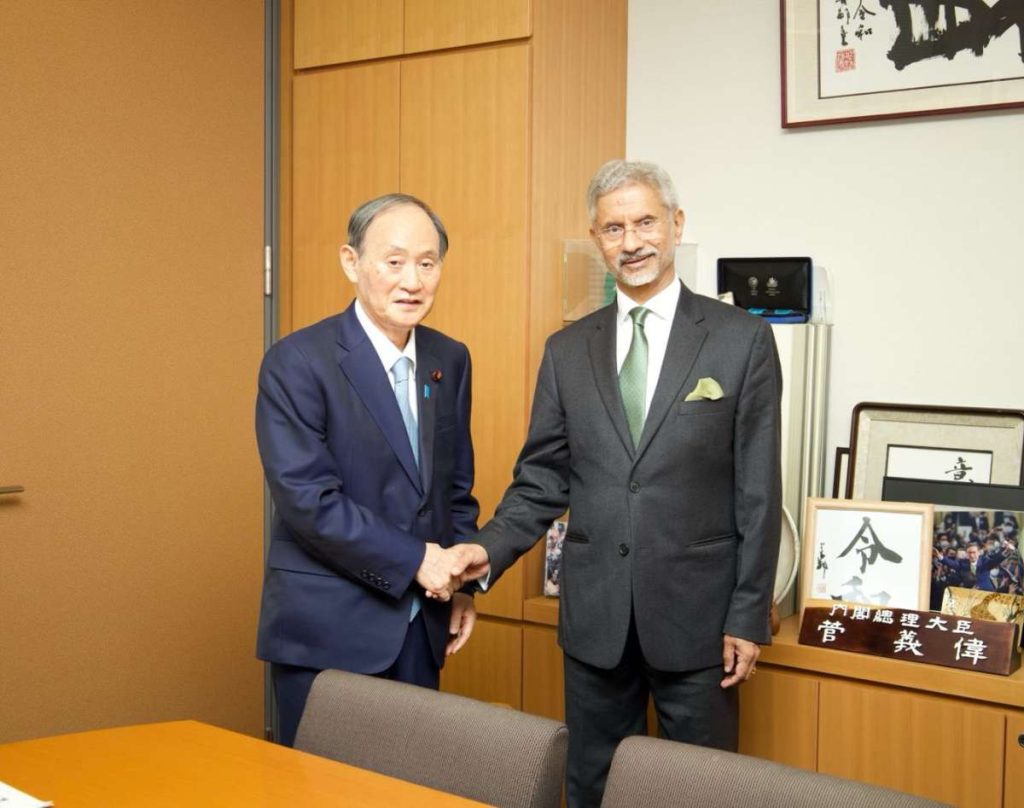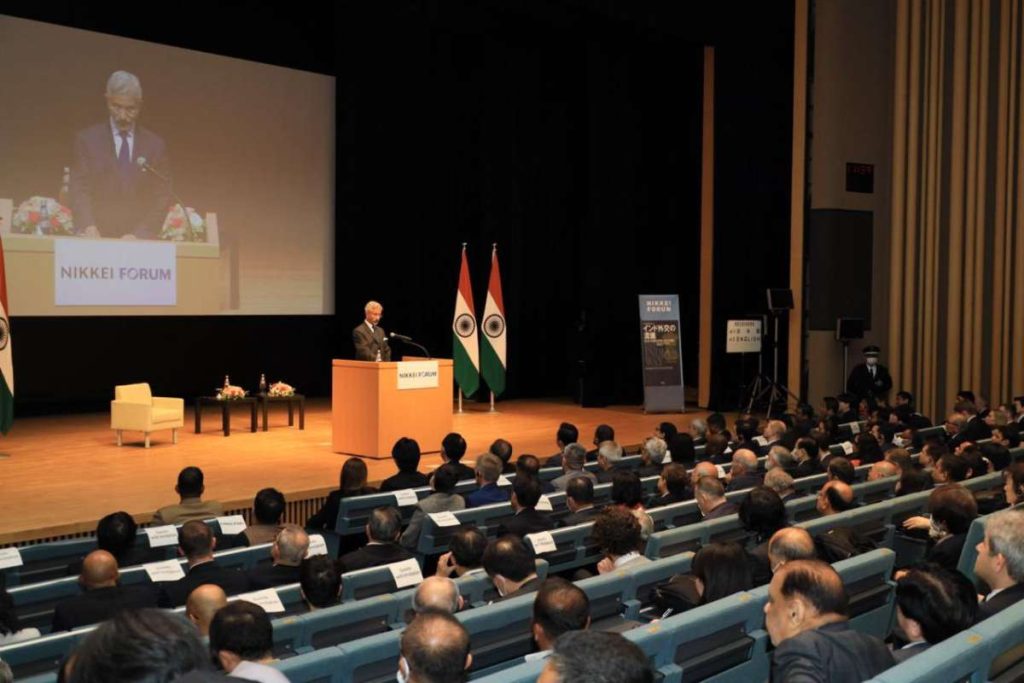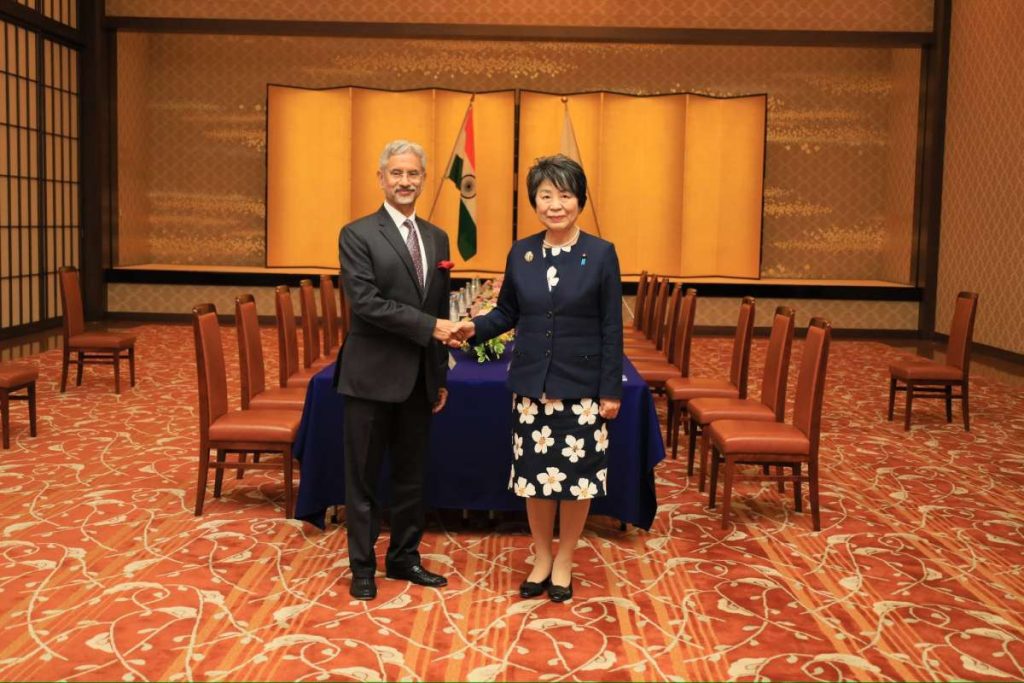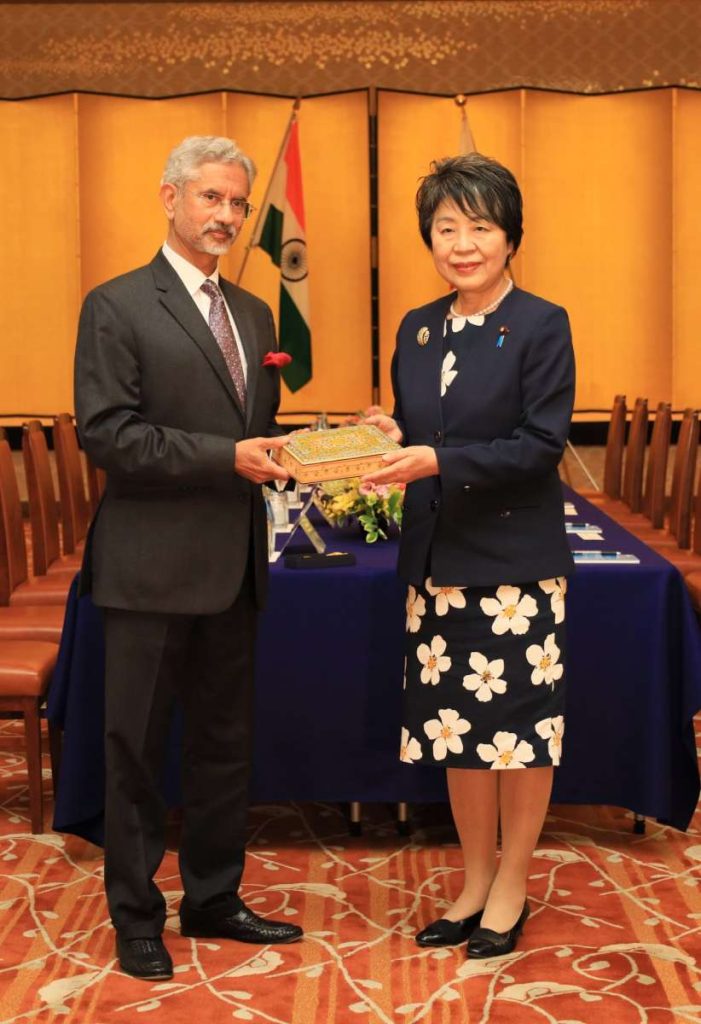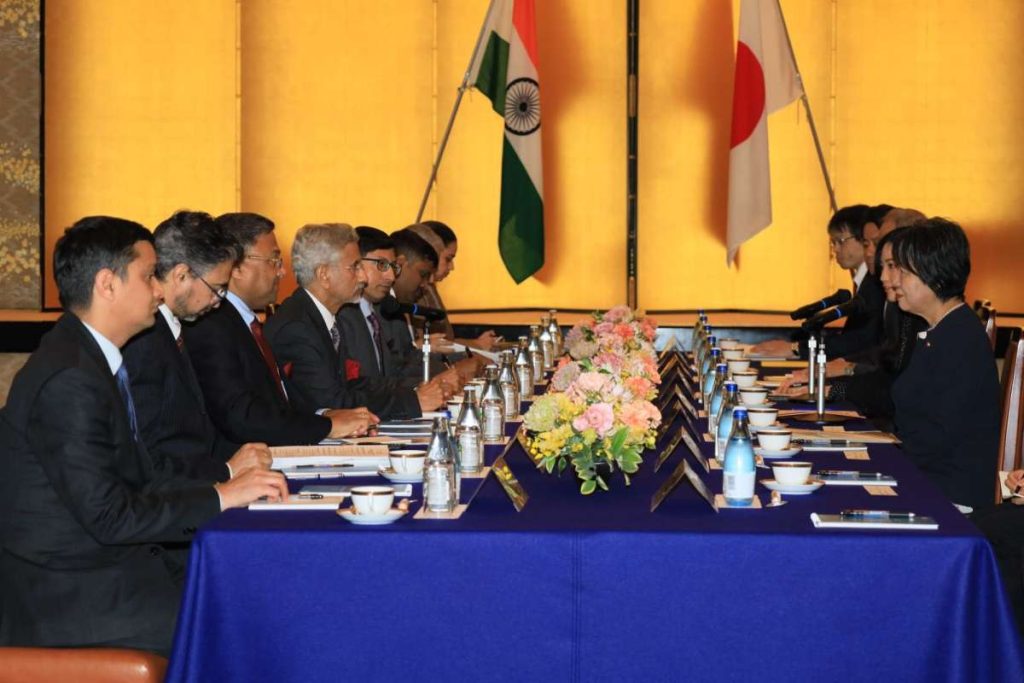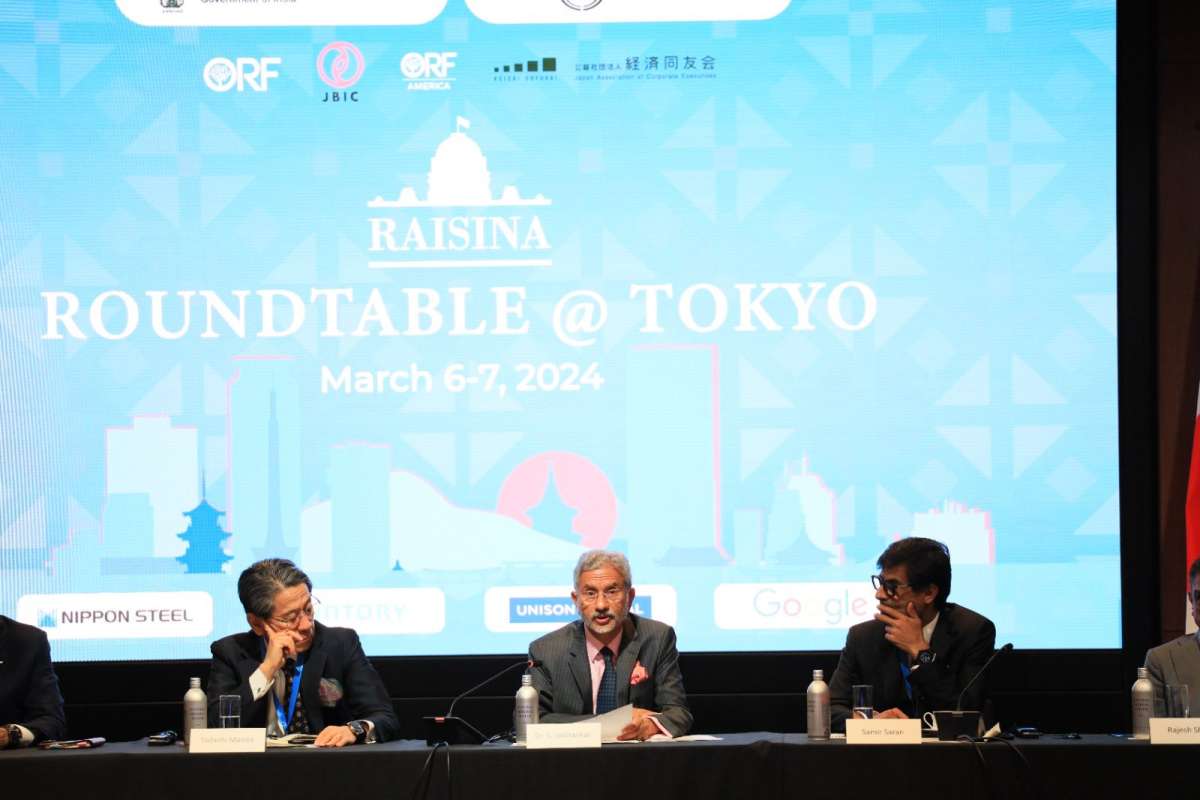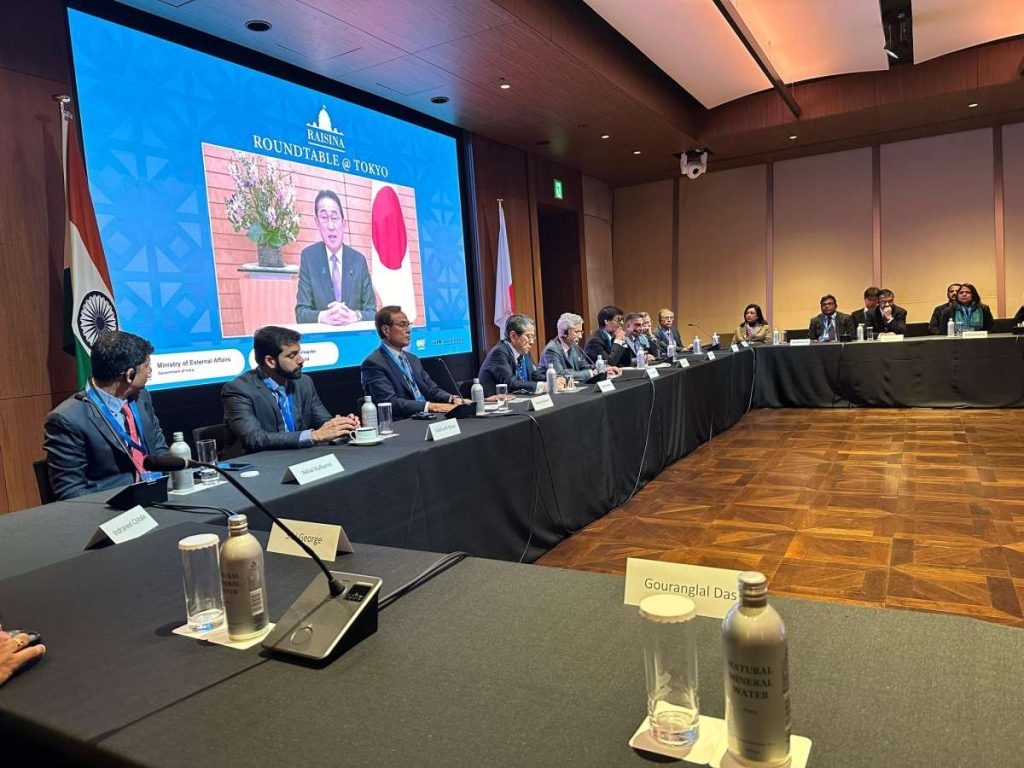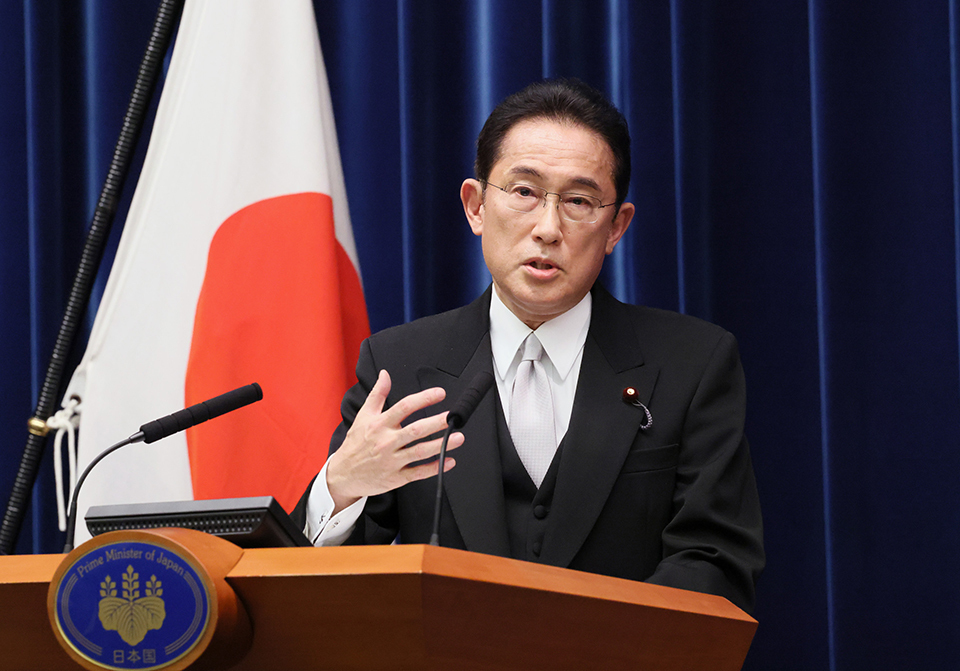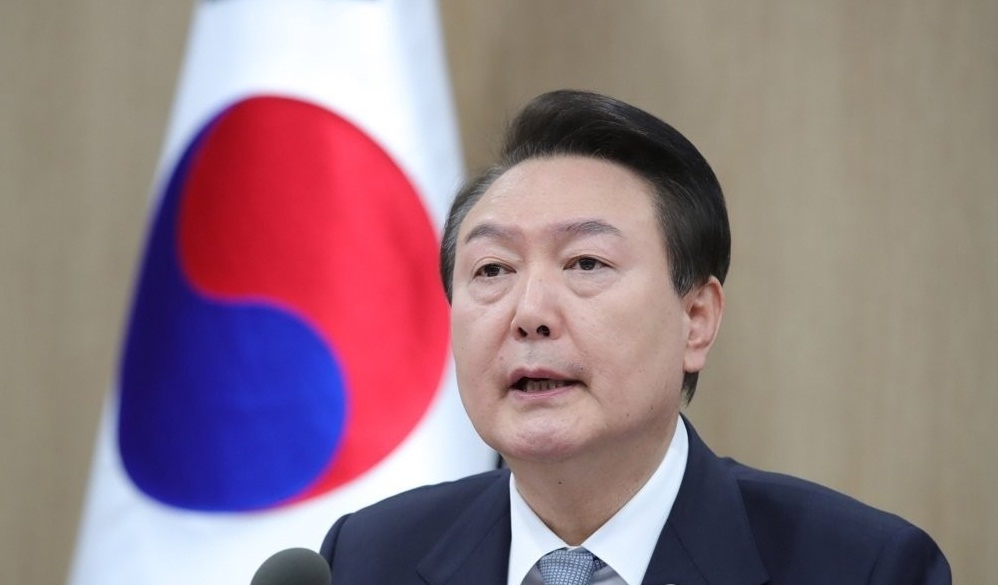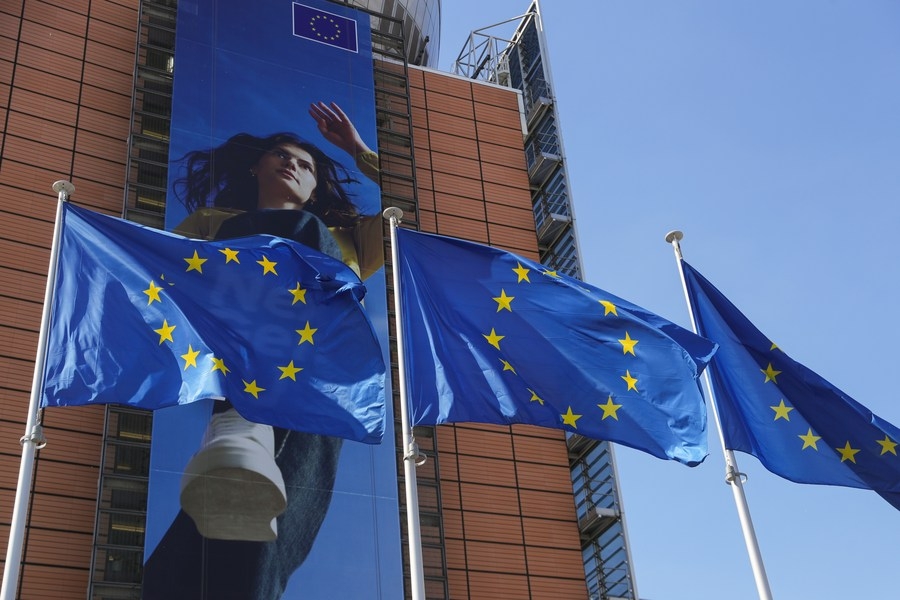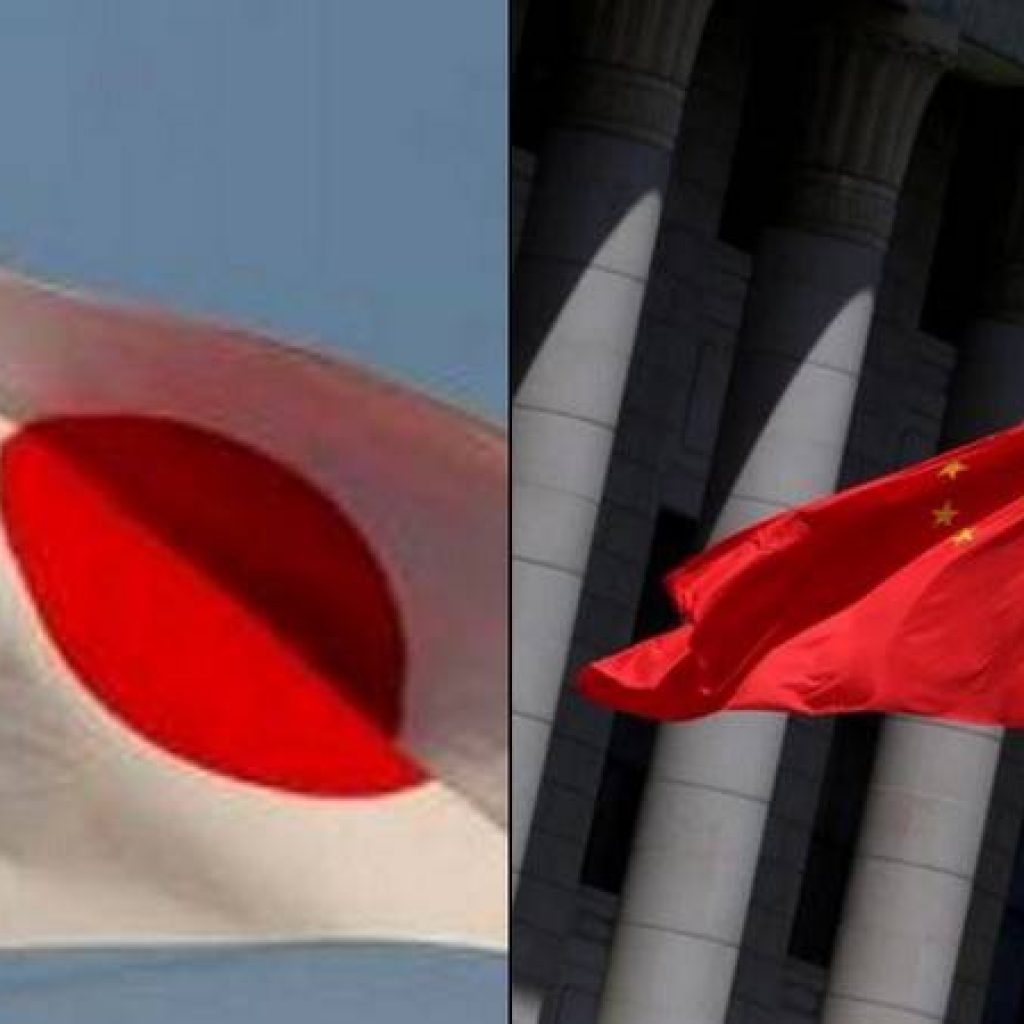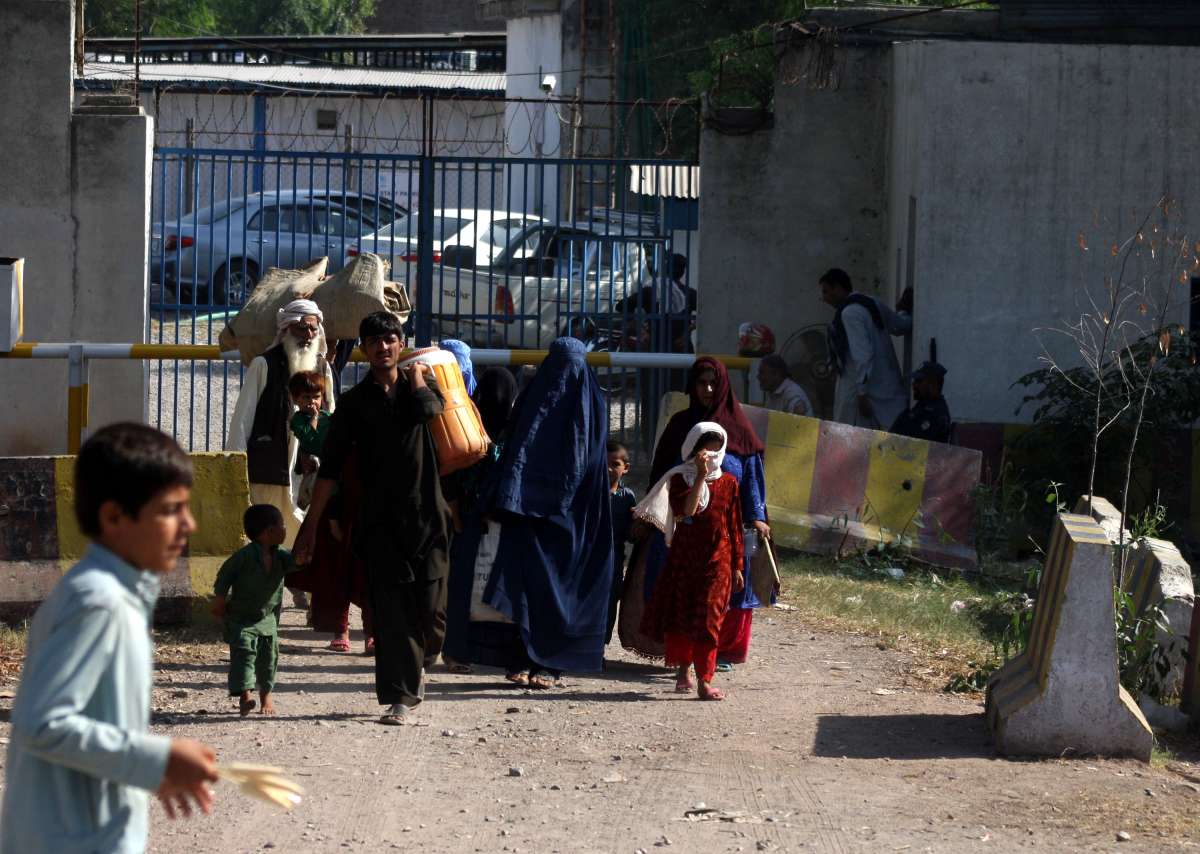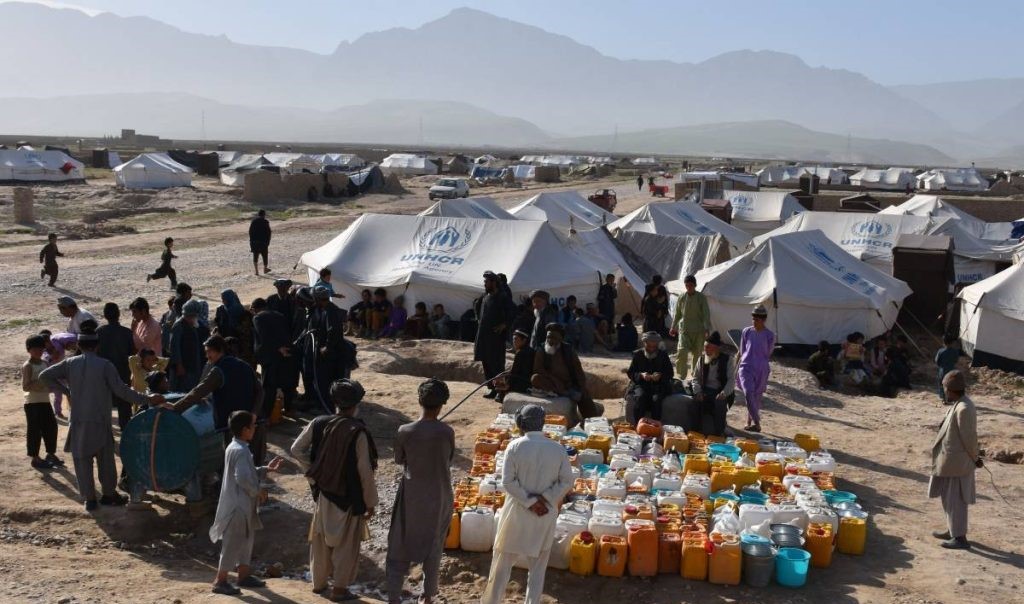Against the backdrop of China’s territorial assertions, the Biden administration considers deeper collaboration with the Philippines crucial for regional peace and stability…reports Asian Lite News
President Joe Biden will host a three-way summit with Japanese Prime Minister Fumio Kishida and Philippine President Ferdinand Marcos in Washington on April 11, as announced by the White House, as reported by Kyodo News.
This historic summit, the first of its kind involving the United States, Japan, and the Philippines, aims to bolster defence cooperation in response to China’s assertive actions in the South and East China Seas, as well as around Taiwan.
The summit will take place a day after Biden’s meeting with Kishida, who will also attend a state dinner in his honor hosted by the US president, as per Kyodo News.
To prepare for the leaders’ discussions, the three countries will hold a meeting of senior diplomats in Tokyo on Thursday, according to the Japanese Foreign Ministry.
According to Kyodo News, US Secretary of State Antony Blinken is scheduled to have a working dinner with Marcos in Manila on Tuesday, according to the State Department.
White House spokesperson Karine Jean Pierre asserted in a statement, “the three leaders will “advance a trilateral partnership built on deep historical ties of friendship, robust and growing economic relations, a proud and resolute commitment to shared democratic values, and a shared vision for a free and open Indo-Pacific.”
Noting that the summit will provide a great opportunity for Biden to reaffirm the United States’ “ironclad alliances” with Japan and the Philippines, she said the issues to be discussed will include security in the region and beyond, emerging technologies, supply chains and climate cooperation.
“President Biden will hold a separate meeting with President Marcos at the White House on the summit day,” she added.
Japan’s government spokesman Yoshimasa Hayashi highlighted the trilateral summit in Tokyo on Tuesday, which will take place on the same day as Kishida’s address to a joint session of the US Congress, the first by a Japanese leader since 2015.
“Japan will further strengthen its three-way partnership with the United States and the Philippines for an “international order based on the rule of law,” Hayashi stated in a regular press conference.
Against the backdrop of China’s territorial assertions, the Biden administration considers deeper collaboration with the Philippines crucial for regional peace and stability.
The alliance serves as a deterrent against Chinese aggression, particularly regarding Taiwan’s status.
While the Marcos administration seeks to avoid entanglement in the US-China rivalry, it aims to diverge from its predecessor’s approach by maintaining Manila’s security alliance with Washington.
Both Japan and the Philippines confront security challenges posed by China’s territorial claims in their vicinity.
Last year’s June, trilateral meeting between the US, Japan, and the Philippines marked a significant step in enhancing regional security cooperation.
About a month before the meeting, Biden agreed with Marcos at the White House to establish “trilateral modes of cooperation” with Japan.
The two presidents also agreed at the time on new bilateral defence guidelines aimed at improving the interoperability of their land, sea, air and cyberspace forces. (ANI)
ALSO READ-Biden roasts Trump

